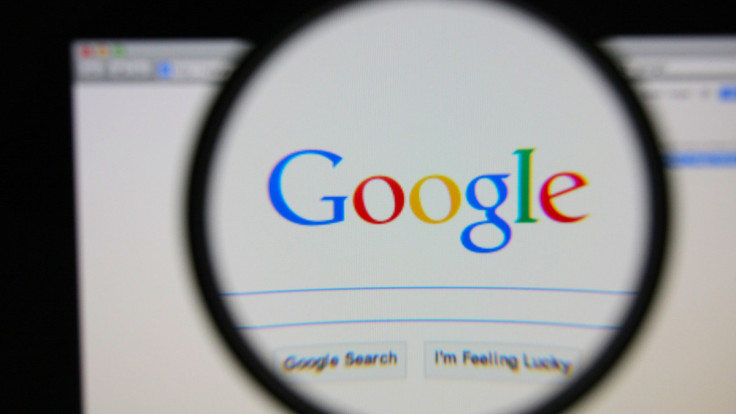Online Right to Be Forgotten: Now We Can All Rewrite History on Google and Facebook

Do we, and have we ever had, the right to be forgotten? This is the frenzied question being asked as private sector companies like Google are obliged to implement strategies to comply with the recent EU Commission ruling stating that individuals have the legal right to be forgotten online.
We live in a digital age with the ability to retain memories in perfect detail. We are the first generation whose online footprint, which increasingly contains our social and personal data, is preserved and stored by most search engines. Driving the "right to be forgotten" is the fear that our stored information becomes a retained memory that looms, waiting to work against us in the future.
This is particularly the concern with pictures from our youth, allegations later remedied or phases in our lives documented online that might impede future job opportunities. However, is this regulation of "self-censorship" infringing upon our freedom of speech and expression? Although Google is the first private company to have been forced to comply with the new EU-wide mandate, the law goes far above and beyond Google.
Legal Basis for the 'Right to be Forgotten'
The revised European Union Commission protection framework now allows internet users to have certain unwanted data containing names and information removed from social networks and online platforms. This legal framework comes off the back of the European Court of Justice's ruling on the "right to be forgotten" in the case of Google v the Spanish DPA, finalised 13 May 2014 and put forth 25 May. In this case, a Spanish national complained to Google about online newspaper reports relating to debt-recovery proceedings against him. The proceedings dated back to 1998 and had since been resolved, however, the information was still prominent in Google searches.
As the matter escalated, the Spanish High Court referred to the European Court of Justice for a ruling. Whether individuals had the right to be forgotten was the key issue of the legal struggle, along with questions of whether a search engine can be considered the "controller" of personal data and whether search engines operating outside the EU were subject to EU data protection rules. The European Court of Justice ruled "yes" on these issues, leading to the legal decision that individuals can require search engines to block certain unwanted search results about them.
Negative Implications to Businesses and Individuals
The new rulings on the right to be forgotten have far-reaching implications for online businesses and private companies. Non-EU businesses with EU sales offices are now at risk of prosecution under EU law for content. Businesses, many more than just Google, will all need to adopt new review and deletion policies as well as create structures that enable data deletion through man-powered review teams. Unlike certain types of content, the reviewing process is not possible through online filtering mechanisms or algorithms since each case will be determined by balancing an individual's privacy request against the public's right to know and distribute information.
The basis for the new "right to be forgotten" legislation has come from Viktor Mayer- Schönberger's book, Delete: The Virtue of Forgetting in the Digital Age, in which the Oxford professor makes a claim for damages done by having perfect digital memory: humiliating Facebook content working against future employment being a primary example. He argues that forgetting is important to human history, giving people second chances and allowing for forward movement. Ultimately the basis for new regulations seems driven by a fear that "Google knows all" and this could potentially be used against us.
However, while the first generation of social media users might have underestimated the "searchability" of content they put online, we are increasingly adept at using the available security settings. On Facebook you can have multiple levels of security, allowing certain groups of friends to see some content while restricting others. Twitter accounts can be public or private. Content on any of these open platforms already has user mechanisms to flag "illegal" content, which is subsequently reviewed. We have to question whether we are punishing private companies and the vast internet for allowing us to do what we want on open platforms.
We say that history is written by the winners, but digital memory and the ability for information to be shared and communicated across socioeconomic and national boundaries means that history is now being written by whoever is empowered to write it. Curating our history and fearmongering over the vastness of digital memory will only chip away at the freedoms democracies have worked hard to preserve.
Dr Erin Marie Saltman is senior researcher at the Quilliam Foundation.
© Copyright IBTimes 2025. All rights reserved.



















